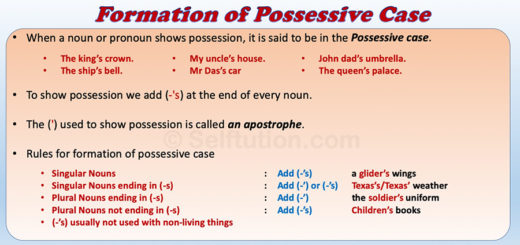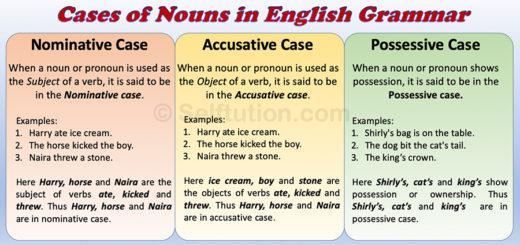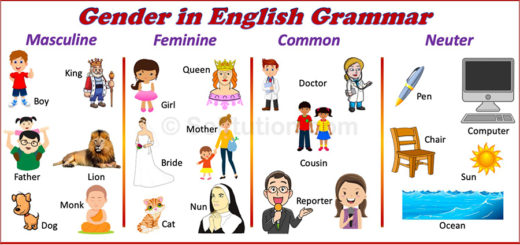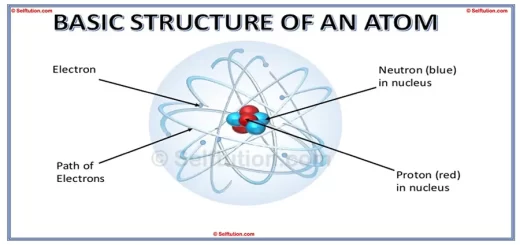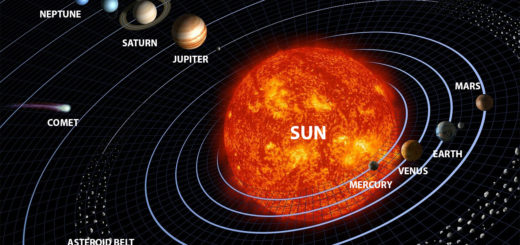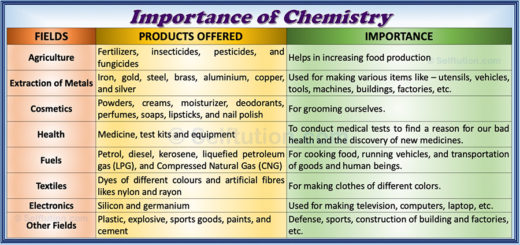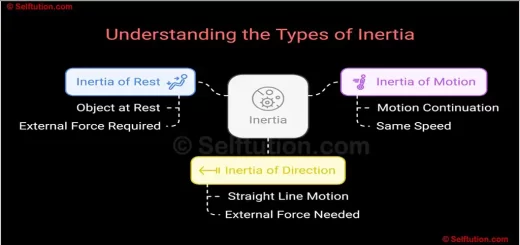Difference Between A Phrase and A Clause
Understanding the difference between a phrase and a clause is crucial for mastering English grammar.
We use groups of words to express our thoughts and feelings. These groups are of three types: sentences, phrases, and clauses. We already know that a sentence is a group of words that makes complete sense.
So, let’s study phrases and clauses to understand the difference between them.
PHRASE AND CLAUSE
A phrase is a group of words that function together but lack a subject-verb combination. In contrast, a clause contains both a subject and a predicate, sometimes forming a complete sentence. Exploring these distinctions enhances our writing precision and clarity.
👉 Check out this trending sunscreen on Amazon

The Phrase
Unlike sentences, some groups of words make sense, but not complete sense. For example, A group of words that make sense but not complete sense is called a phrase.
- in the park
- how to do it
- fine beaches
- of great beauty
- made of gold
We cannot call every group of words a phrase. A phrase must make some sense. For example,
has fine – not a phrase
fine beaches – a phrase
Phrases are part of sentences and are mostly used for shortening the conversation between two people. For example, in the following sentences, the group of words in bold are Phrases:
- Goa has fine beaches.
- Life is full of joys and sorrows.
- A policeman must have verified his address proof.
To understand how phrases can help in shortening the conversation between two persons, consider this example,
First-person
- Where to keep this box?
Second person
- Keep this box in a corner. – Formal reply
- in a corner. – Casual reply in the phrase
One more example,
First-person
- How were the beaches of Goa?
Second person
- Goa has fine beaches. – Formal reply
- fine beaches. – Casual reply in the phrase

Beach at Goa, India
The Clause
A clause is also a part of a sentence, like a phrase. However, it contains a Subject and a Predicate. For example, in the following sentences, the group of words in color is a Clause. Red color – Subject & blue color – Predicate
Such a group of words that forms part of a sentence, and contains a Subject and a Predicate, is called a Clause.
- The person who gave you a book is my father.
- I think you have made a mistake.
- He has a chain that is made of gold.
A clause can stand alone as a simple sentence. For example, in the above sentences,
- Who gave you a book?
- You have made a mistake.
There can be two clauses in one sentence. For example,
- He has a chain that is made of gold.
- I like New York because it is a big city.
DIFFERENCE BETWEEN A PHRASE AND A CLAUSE
- A clause makes complete sense, whereas a phrase does not.
- Unlike a phrase, a clause contains a Subject and a Predicate.
- A clause can stand alone as a simple sentence,e whereas a phrase cannot.
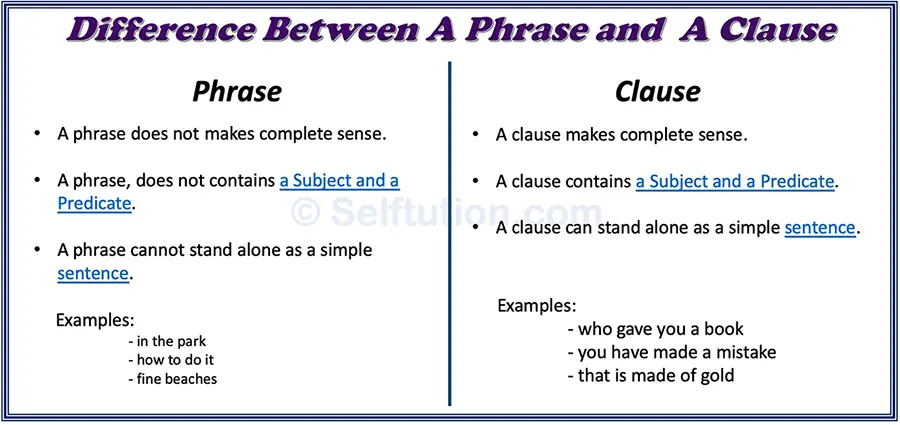
Difference between a phrase and a clause
